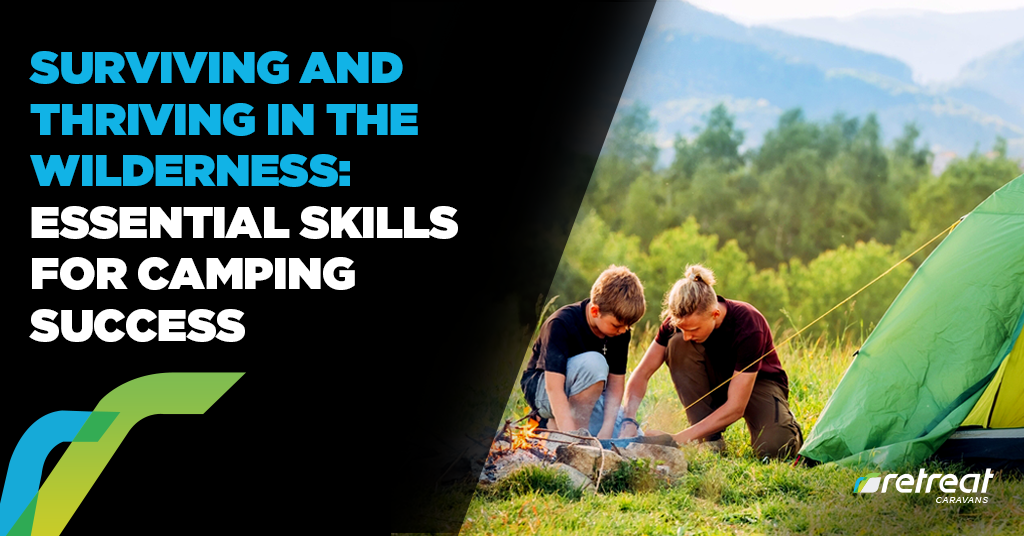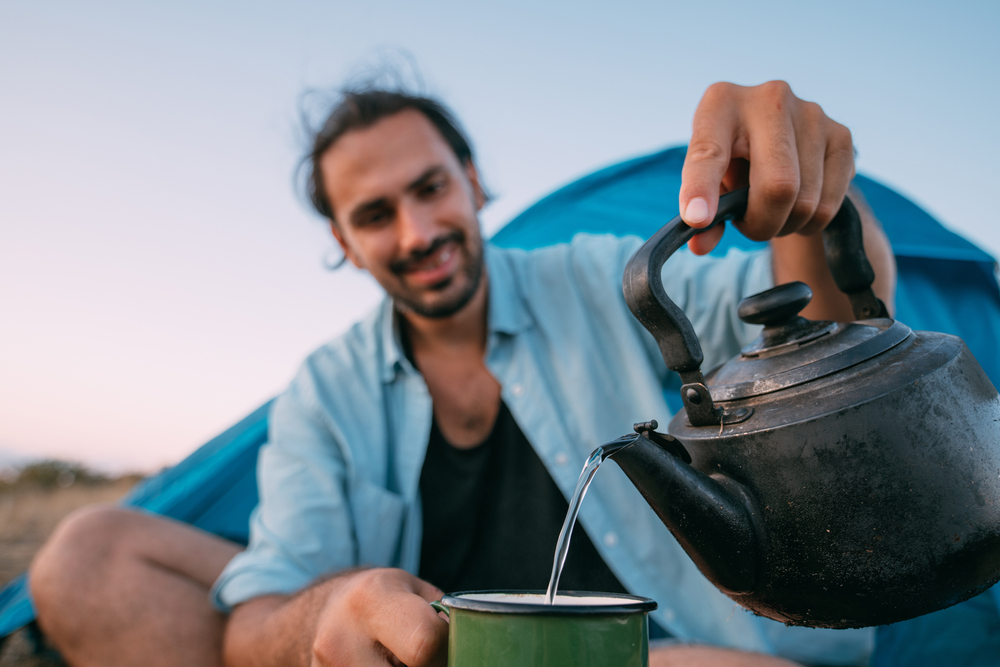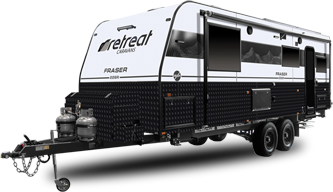
Surviving and Thriving in the Wilderness: *Essential Skills for Camping Success
Camping out bush offers a unique and rewarding experience, allowing you to disconnect from the modern world and immerse yourself in nature. However, to make the most of your camping trip and ensure your safety and comfort, it’s crucial to develop essential skills.
In today’s blog, we will explore the key skills required for camping success, including navigation, shelter building, fire building, water sourcing, campsite hygiene, wildlife safety, and first aid. By mastering these skills, you’ll be well-prepared to survive and thrive in the wilderness.
Navigation and Orientation
When venturing into the wilderness, it’s essential to have a solid understanding of navigation techniques to prevent getting lost. Here are some key aspects to consider:
1). Map Reading and Compass Navigation:
– Learn to interpret topographic maps and their symbols for terrain analysis.
– Familiarise yourself with using a compass to determine direction and navigate accurately.
– Use landmarks and natural features to orient yourself in unfamiliar territory.
2). GPS Devices and Navigation Apps:
– Utilise GPS technology for precise navigation, especially in areas with limited landmarks.
– Choose reliable navigation apps that offer offline functionality for remote locations.
– Understand GPS coordinates and waypoints to mark important locations.
Shelter Building and Campsite Selection
Finding or constructing suitable shelter is crucial for protection against the elements. Consider the following:
1). Assessing the Terrain and Weather Conditions:
– Analyse the terrain for potential hazards and select a campsite away from dangers.
– Take into account factors like wind direction and elevation to maximise comfort.
2). Choosing Appropriate Shelter Options:
– Tents: Understand the different types, sizes, and setup techniques available.
– Hammocks: Explore the benefits, setup process, and various suspension systems.
– Tarps and Bivvies: Learn about lightweight alternatives for minimalist camping.
3). Building a Sturdy and Comfortable Shelter:
– Master basic knots and lashings to construct a secure shelter using natural materials.
– Use branches, leaves, and other resources for insulation and ventilation.
– Ensure your shelter provides protection from rain, wind, and cold temperatures.
Fire Building and Campfire Cooking
Fire not only provides warmth but also enables cooking and can boost morale. Consider the following:
1). Gathering and Preparing Firewood:
– Learn sustainable methods for collecting firewood, and respecting the environment.
– Understand the properties of different types of firewood for efficient burning.
– Practice techniques for splitting and cutting wood safely and effectively.
2). Fire Building Techniques:
– Understand various fire lay types, such as teepee, log cabin, and lean-to, for different purposes.
– Familiarise yourself with fire starters and accelerants, ensuring safe usage.
– Emphasise fire safety and responsible fire management to prevent wildfires.
3). Campfire Cooking Techniques:
– Explore different cooking equipment options like camp stoves, grills, and Dutch ovens.
– Learn cooking methods such as boiling, frying, grilling, and baking outdoors.
– Discover campfire recipes and tips for preparing delicious meals in the wilderness.
Water Sourcing and Purification
Access to clean water is vital for survival in the wilderness. Consider the following:
1). Identifying Natural Water Sources:
– Understand water flow patterns and seasonal availability in the area you’re camping.
– Recognise safe water sources such as streams, rivers, and lakes.
– Learn to locate hidden water sources like springs and seeps.
2). Collecting and Storing Water:
– Use proper water collection methods and carry suitable containers.
– Filter out sediment and debris from natural water sources using improvised filters.
– Employ water purification techniques like boiling, chemical treatments, or filtration systems.

Campsite Hygiene and Waste Management
Maintaining cleanliness and proper waste management is essential for a safe and enjoyable camping experience. Consider the following:
1). Personal Hygiene:
– Pack appropriate hygiene supplies like biodegradable soap, toothbrushes, and toilet paper.
– Follow Leave No Trace principles for disposing of waste and minimising impact.
– Practise proper hand hygiene to prevent the spread of bacteria and disease.
2). Waste Disposal:
– Set up a designated waste disposal area away from your campsite.
– Use sealable containers or bear-resistant canisters to store food and prevent animal encounters.
– Pack out all non-biodegradable waste and leave the campsite cleaner than you found it.
Wildlife Safety and Encounters
Respecting wildlife and understanding how to coexist with animals is crucial for your safety and the preservation of the ecosystem. Consider the following:
1). Wildlife Awareness:
– Research the local wildlife species and their behaviours.
– Understand proper food storage techniques to prevent attracting animals.
– Learn to identify signs of wildlife presence, such as tracks and scat.
2). Minimising Wildlife Encounters:
– Store food and scented items securely and away from sleeping areas.
– Avoid approaching or feeding wild animals, maintaining a safe distance.
– Follow guidelines for handling encounters with potentially dangerous animals.
First Aid and Emergency Preparedness
Being equipped with basic first aid knowledge and supplies can make a critical difference in the event of an injury or emergency. Consider the following:
1). Assembling a Comprehensive First Aid Kit:
– Include essential items such as bandages, antiseptic solutions, and medications.
– Customise your kit based on the duration and nature of your camping trip.
– Check and replenish your supplies before each adventure.
2). Basic First Aid Techniques for Common Outdoor Injuries:
– Learn to treat common injuries like cuts, burns, sprains, and insect bites.
– Understand the signs and symptoms of heatstroke, hypothermia, and dehydration.
– Practice CPR and know how to respond to choking and other life-threatening situations.
3). Recognising and Responding to Medical Emergencies in the Wilderness:
– Understand the signs and symptoms of serious conditions like heart attacks or allergic reactions.
– Develop a communication plan and know the emergency procedures for the area you’re in.
– Consider taking a wilderness first aid or wilderness survival courses for in-depth knowledge.
Essential Survival Skills
In addition to the skills mentioned above, mastering essential survival skills can further enhance your camping experience. Consider the following:
1). Building Temporary Shelters in Emergency Situations:
– Learn to create emergency shelters using available materials.
– Understand techniques for insulating and protecting against the elements.
– Explore shelter options suitable for different climates and terrains.
2). Foraging for Food and Identifying Edible Plants:
– Acquire basic plant identification skills and learn about edible plant species.
– Gather and prepare wild edible plants as a supplement to your food supplies.
– Exercise caution and avoid consuming unfamiliar plants without proper knowledge.
3). Primitive Tools and Techniques for Self-Sufficiency:
– Familiarise yourself with crafting tools from natural materials.
– Learn fire-making techniques without modern tools for survival scenarios.
– Understand traditional methods for hunting, fishing, and trapping.
Leave No Trace and Environmental Stewardship
As outdoor enthusiasts, it’s our responsibility to protect and preserve the natural environment for future generations. Consider the following:
1). Understanding the Principles of Leave No Trace:
– Minimise your impact on the environment and wildlife
– Follow guidelines for camping, hiking, and other outdoor activities.
– Leave natural and cultural resources undisturbed.
2). Practising Responsible Outdoor Ethics:
– Pack out all trash and dispose of waste properly.
– Stay on designated trails to prevent erosion and habitat destruction.
– Respect wildlife and observe from a distance without causing a disturbance.
Final Thoughts
Developing essential skills for camping in the wilderness is crucial for both survival and enjoyment. By honing your navigation abilities, mastering shelter building and fire making, understanding water sourcing and purification, practising proper hygiene and waste management, respecting wildlife, and being prepared for emergencies, you can ensure a safe and fulfilling outdoor experience.
Remember to always prioritise safety, respect the environment, and embrace the adventure that awaits you in the wilderness. Happy camping!
If you are looking for the best off-road caravans for sale in Australia for your next big camping adventure, you can’t go past Retreat Caravans. Please check our full range of caravans below, all carefully designed with you in mind:







